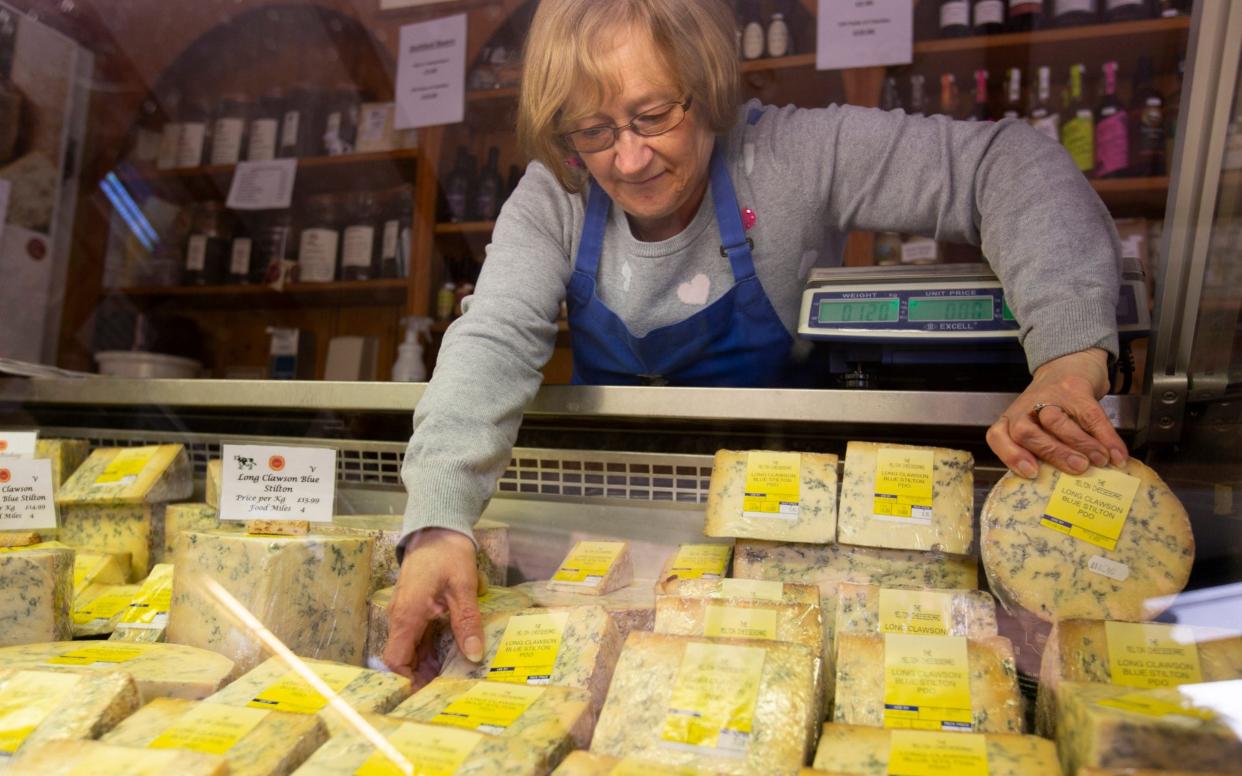Stilton cheese causes a stink in UK-Japan trade talks

Stilton cheese has caused a stink in trade negotiations between the UK and Japan as the Government tries to strike one of the fastest trade deals in history.
Both sides came close to reaching an agreement last week, but Trade Secretary Liz Truss has brought British blue cheese into negotiations in the hope of winning a better deal for UK food, the Financial Times reported.
The two negotiating teams have scrambled to agree a post-Brexit accord after Japan gave the Government just six weeks to finalise a deal in June.
At the time, Tokyo’s chief negotiator, Hiroshi Matsuura, warned that both sides would need to "limit their ambitions" as there was little time for talks on contentious areas such as tariffs and quotas.
However, talks have now reportedly stalled after Ms Truss decided to hold out for a better deal to promote British agricultural exports and show that the UK can secure a better deal with Japan than the one obtained by the EU.
Ms Truss has a been a longstanding proponent for British food in international markets. At the Conservative party conference in 2014 she made a speech that went viral, in which she said Britain's trade deficit in cheese was "a disgrace".
The deal's framework is largely based on the trade deal Japan struck with the EU last year, but with lower Japanese tariffs on British goods.
The two sides are hoping to complete the deal well before the EU transition period ends on December 31.
Striking trade deals with non-EU countries has become a particular priority for the Government after talks between the UK and the EU on a post-Brexit trade deal hit an impasse last month.
Both sides have said it is now unlikely that a trade deal will be agreed before the transition period ends.
Last year, the UK's blue cheese exports amounted to £18m, but just £102,000 went to Japanese companies.
A "modelled" trade deal with Japan might add 0.07pc to Britain’s GDP in the long term, according to government figures.
The Department for International trade declined to comment on "live negotiations".


